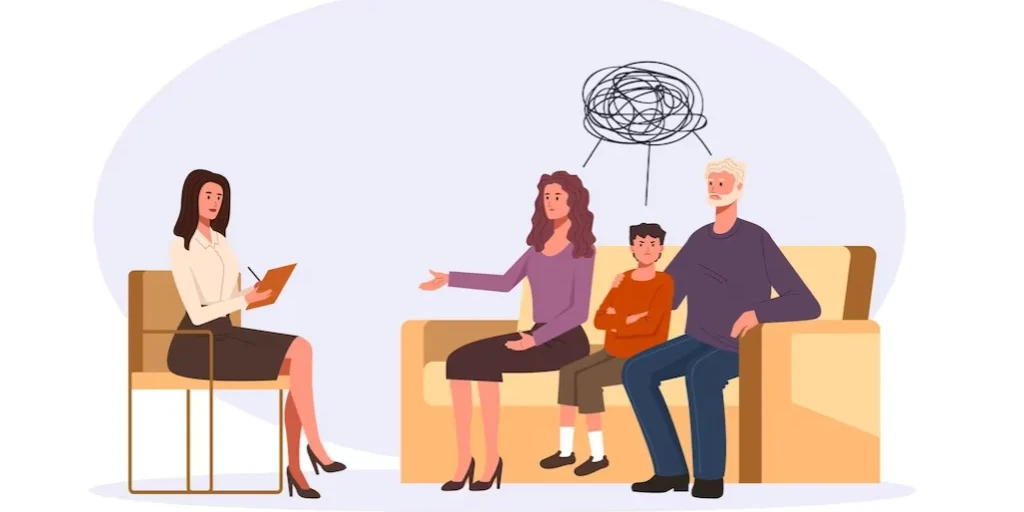24/7 Helpline:
(866) 899-111424/7 Helpline:
(866) 899-1114
Learn more about PTSD Rehab centers in North Palm Beach
PTSD Rehab in Other Cities

Other Insurance Options

Multiplan

Meritain

Kaiser Permanente

AllWell

Optum

BlueShield

Molina Healthcare

CareFirst

United Health Care

ComPsych

Covered California

Excellus

UnitedHealth Group

Group Health Incorporated

Optima

Evernorth

MHNNet Behavioral Health

Carleon

Private insurance

Lucent

The Recovery Team
North Palm Beach’s Recovery Team is a drug and alcohol rehab that supports adults with substance use...

The Recovery Center for Men of the Palm Beaches
The Recovery Center for Men of the Palm Beaches is a private rehab located in North Palm Beach, Flor...

Stepping Sober Recovery Center
Stepping Sober Recovery Center provides alcohol and drug addiction treatment as well as co-occurring...

Elan Recovery + Wellness
Elan Recovery + Wellness is a rehab center located in North Palm Beach, FL. Elan Recovery + Wellness...





















Best Life Counseling
Best Life Counseling is a private rehab located in North Palm Beach, Florida. Best Life Counseling s...

Sober City Recovery Center
Sober City Recovery Center - Prosperity Farms Road is a licensed Intensive Outpatient Treatment faci...

Reliance Treatment Centers
Reliance Treatment Centers is a private organization committed to providing the most professional, i...

New Solutions Counseling
New Solutions Counseling is a private rehab located in North Palm Beach, Florida. New Solutions Coun...

Start Living
Start Living is a private rehab located in North Palm Beach, Florida. Start Living specializes in th...

USA Quit Smoking
USA Quit Smoking is a private rehab located in North Palm Beach, Florida. USA Quit Smoking specializ...

Discovery Mood & Anxiety Program – North Palm Beach
Discovery Mood and Anxiety Program, located in Palm Beach, Florida, provides alcohol and drug rehab ...










